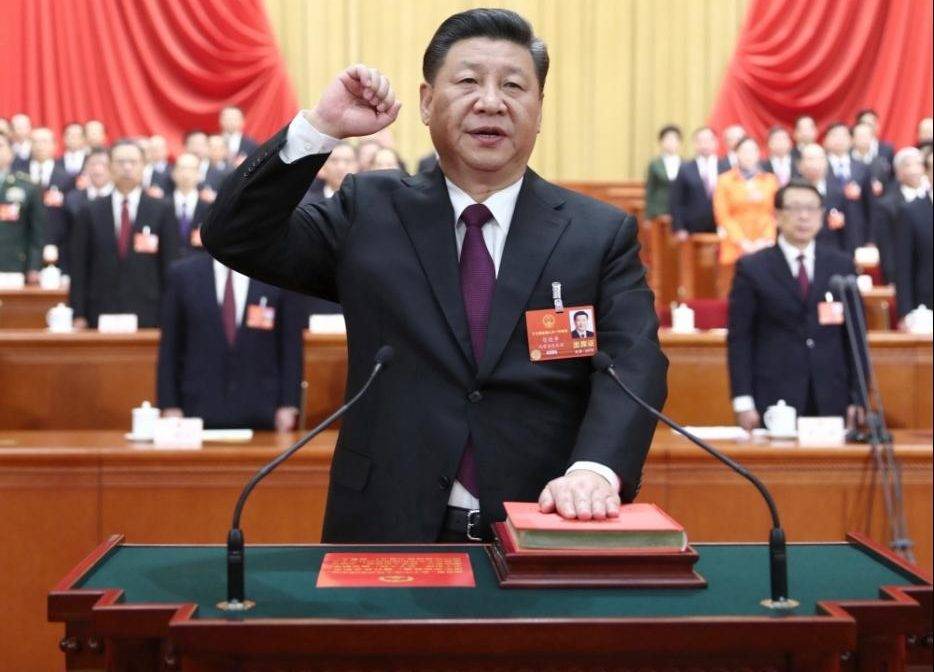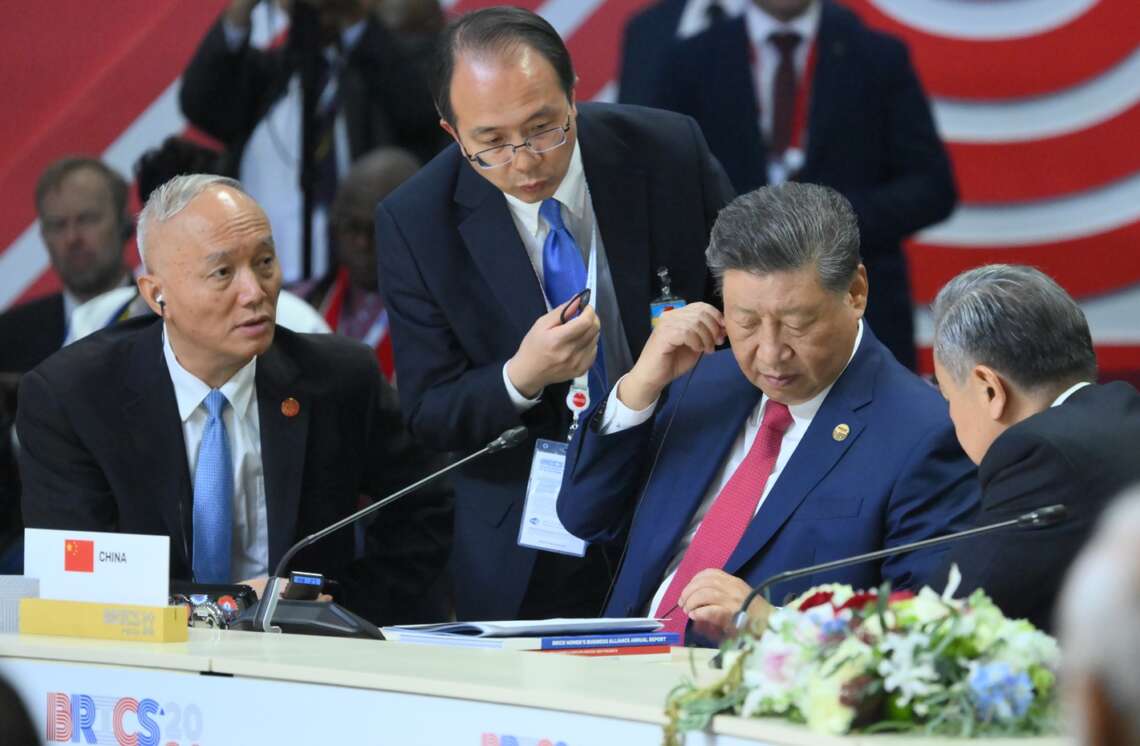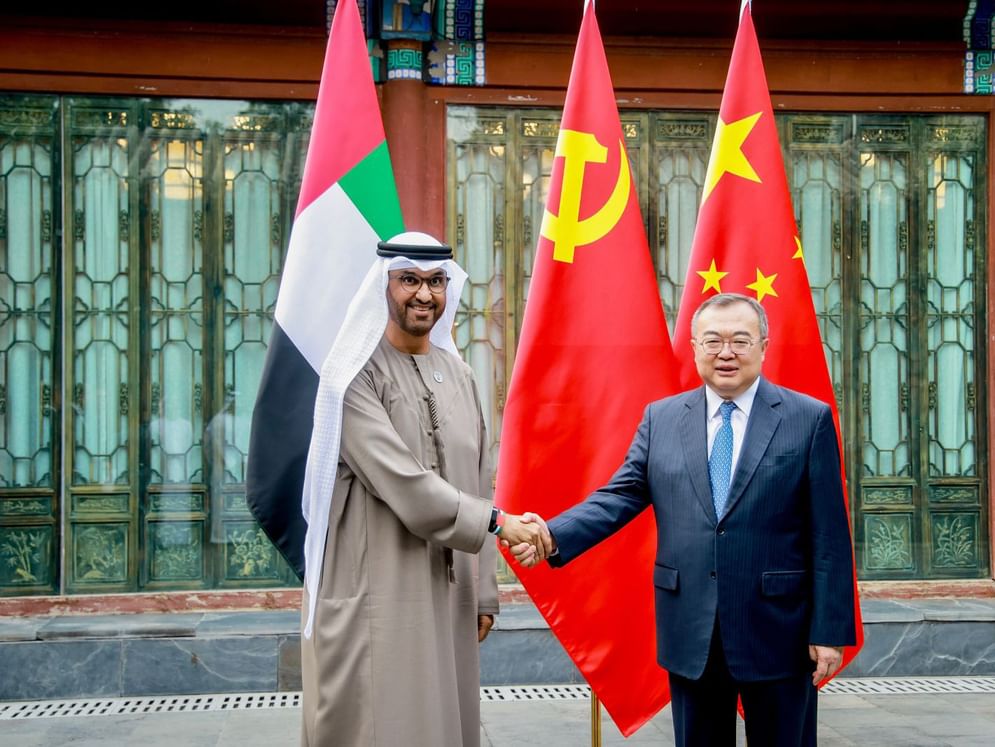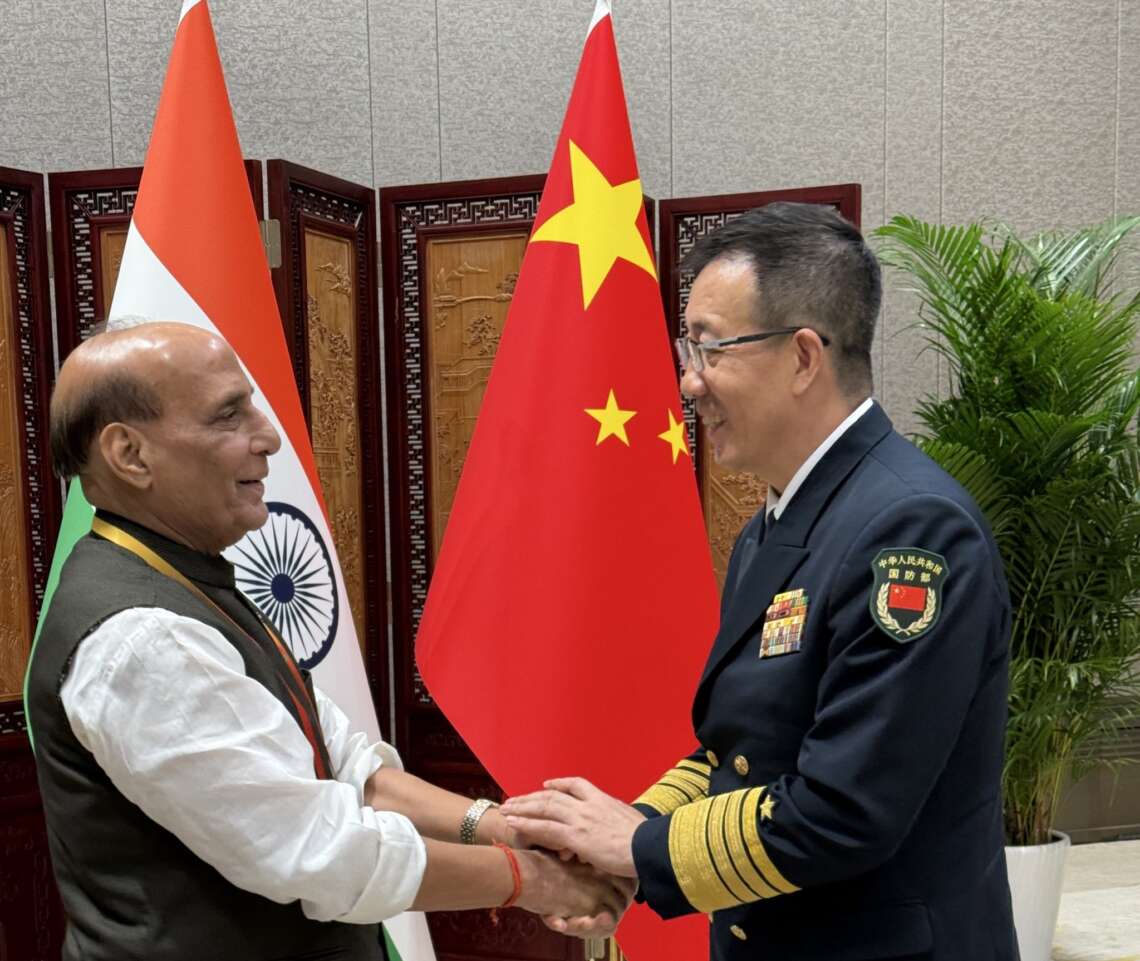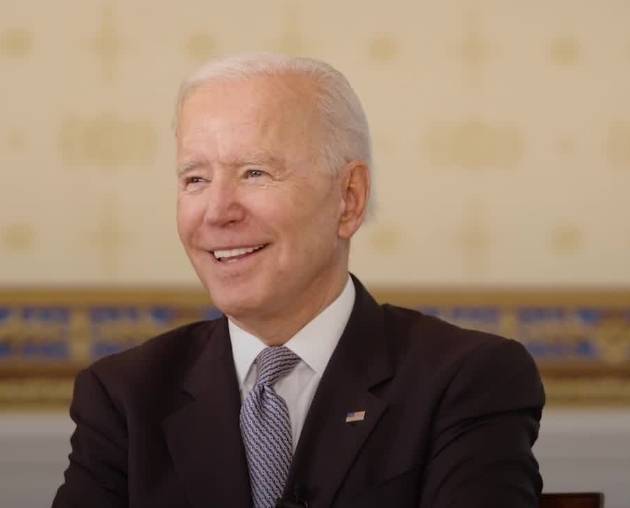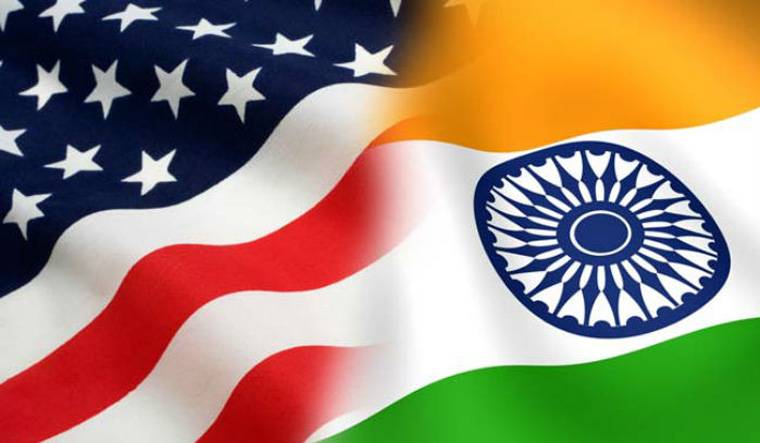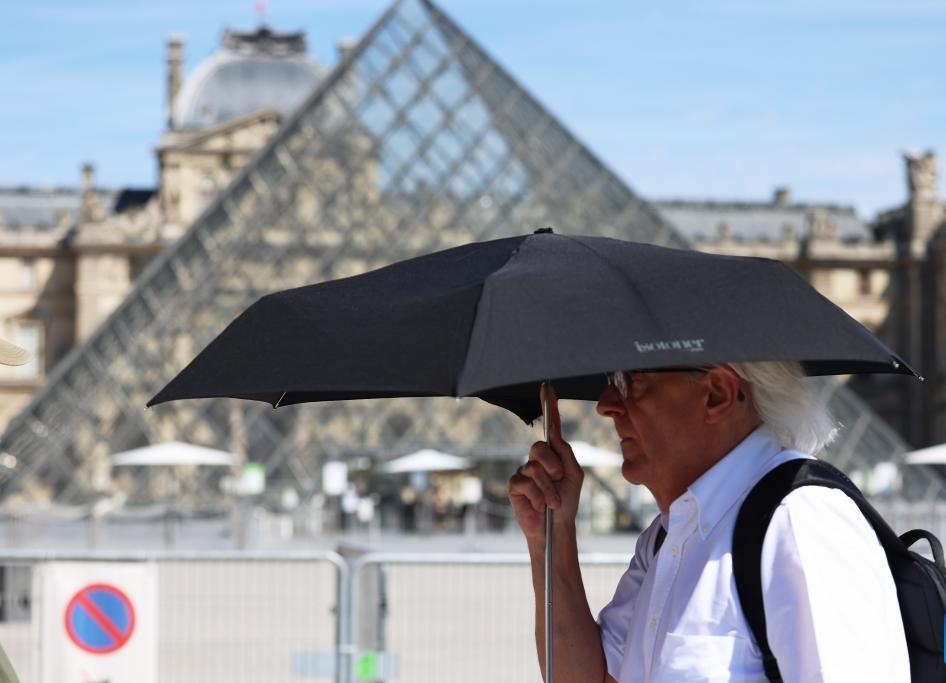The manner in which the virus has been handled by Beijing (except within China) has had an impact on global opinion even more severe than that on the US following the 2008 financial crash caused by Wall Street, writes Prof. Madhav Nalapat
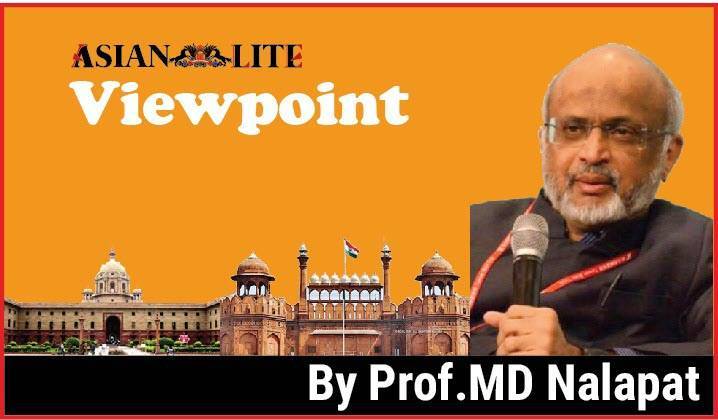
Since its victory in the 1939-45 war between the US-led Allies and the German-led Axis, the US reaped the benefits of primacy in the global order. Despite manipulation of the international value of the rouble by the USSR, there was never a period when the economy of the rival superpower was even 40% of that of the US. Resources in the USSR were poured into a few “technology demonstrators” such as the military and space program, while even a toothbrush or an expansive range of other consumer items were not just of shoddy quality, but remained scarce throughout the period when the USSR survived as a geopolitical entity.
At the same time, barring holding on to the acquisitions in East Europe as a consequence of the sweep of the Red Army during the war against Hitler’s Germany, Moscow was timid in its reaction to kinetic conflicts, as most vividly demonstrated in Afghanistan. Ignoring the reality of the Mujahideen tormenting Soviet forces and their Afghan satellites securing their sustenance in Pakistan, that country remained unmolested by the Soviet Union throughout the conflict between the Soviet occupiers and the Mujahideen.
Had successive leaders of the USSR found the nerve (or the sense) to launch air and naval attacks on territory in Pakistan that was housing and equipping the irregulars (liberally mixed with retired and serving officers of the Pakistan army), the war would not have ended in 1988 with the abject surrender of Soviet forces, a climbdown repeated in February 2020 in Doha, when President Trump agreed to a humiliating climbdown by getting signed the US-Taliban surrender document, packaged of course as a peace accord. President Biden needs to ensure that sufficient offensive capabilities be handed over to the Afghan National Army along with the withdrawal of US troops, while President Ghani needs to make sure that the ANA gets cleansed of the radicalised infiltrators that seek to sabotage operations against the Taliban.
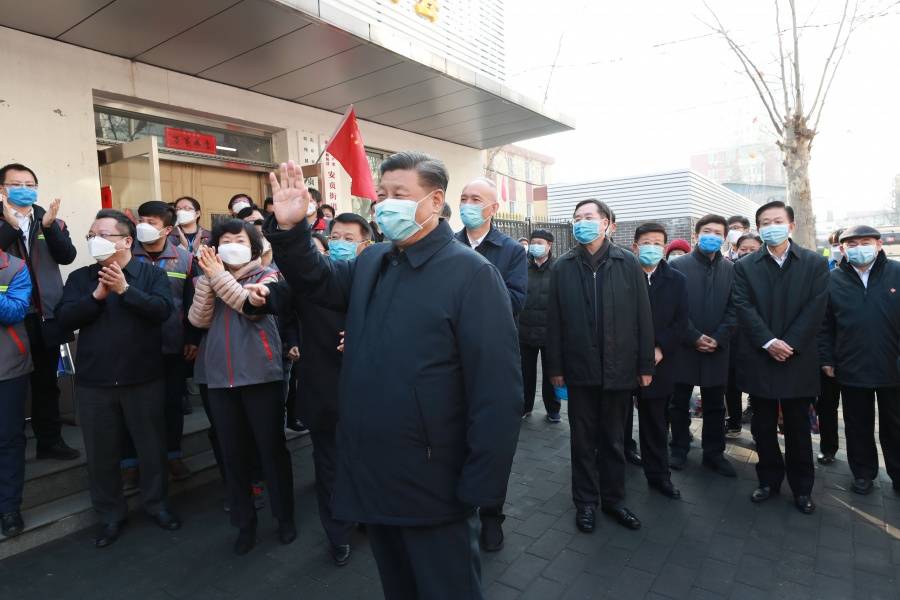
In the meantime, that band of ragtag irregulars has been chalking up gains, but these can be quickly reversed. The reason is that few in Afghanistan look forward to a return to power of that militia. Women, especially, understand that a poorly thought out Bidenesque dash for the exits would put the few freedoms they have secured at risk, while youths would like the education needed for integration into the global economy, something that the constantly feuding government in Kabul has yet to deliver on, partly because NATO member-states prefer to spend their money on weapons and the maintenance of their own soldiers and staff rather than for schools, housing, roads and hospitals in Afghanistan and in other theatres of war.
ALSO READ: US, China discuss possible meeting between Blinken, Yi
The Atlantic Alliance needs to expend money in such requisites as well. India can assist the Afghan government in building them at a cost far lower than would be the case for the contract work done by US or European companies in that devastated country. The mineral wealth of Afghanistan carries the potential to make that country as wealthy as Kuwait, if only conditions were created to roll back the radical tide that continues to be supported by Pakistan, which in its turn is kept afloat by China.
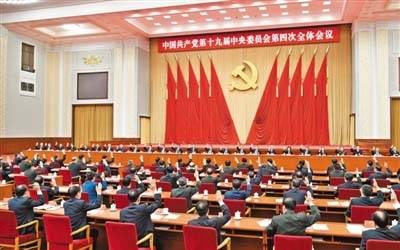
The Communist Party of China (CPC) has achieved a lot since it took office in 1949, but has made mistakes as well, among the most consequential for the future of the PRC being the “iron alliance” between GHQ Rawalpindi and the Central Military Commission (CMC) in Beijing. This has continued long after the expiry date where the PRC is concerned, which is why Pakistan will become for Beijing what Afghanistan turned out to be for Moscow during 1971-89. Given their experience of Taliban rule and the innate moderation of the Afghan people, to rely on Pakistan and its proxies in Afghanistan to deliver its mineral wealth to China would be a bet gone bad except in the short term. This is especially the case as 2020 has become what 2008 was for the US and for the financial system long dominated by it.
Trillions of dollars belonging to nationals of non-NATO member states disappeared as a consequence of the manner in which President Bill Clinton and his successors opened the door to unrestricted greed by Wall Street and the financial institutions of like-mind on the other side of the Atlantic. From that time onwards, trust in the Atlantic Alliance partners (that President Biden so quaintly swears by) by folks outside that geographic area has fallen, as has respect. This gave China an opportunity that the Communist Party leadership in Beijing was swift to grasp. Since that period, the influence of China relative to that of the US in particular has risen. 2020 has changed that dynamic, although as yet the Chinese leadership does not seem to have seen the shift.
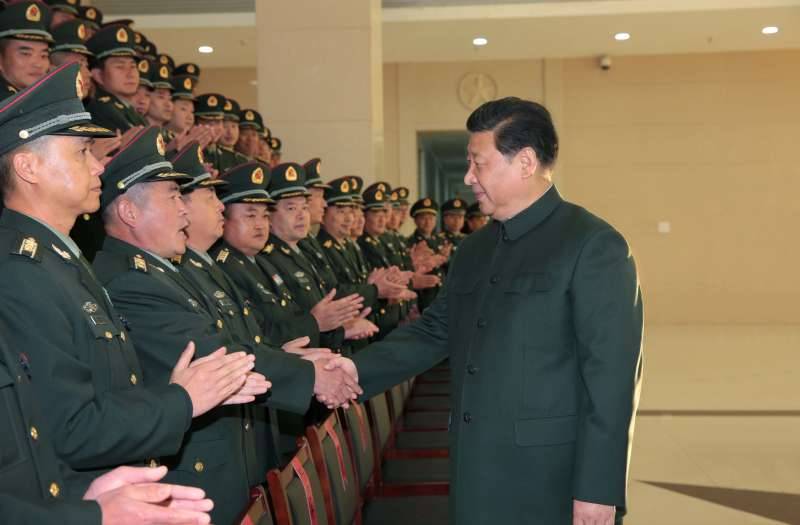
Apart from the “lab leak” hypothesis of the origin of SARS2, the manner in which the virus has been handled by Beijing (except within China) has had an impact on global opinion even more severe than that on the US following the 2008 financial crash caused by Wall Street. The manner in which flights were permitted to go to international destinations from afflicted parts of the PRC, and the way in which access to information about the origins of the pandemic have been concealed from the rest of the world, have proved devastating to trust in the PRC by much of the rest of the globe. The manner in which international health experts in effect functioned as the PRC’s “useful idiots”, spreading Beijing’s line on the pandemic has not yet had the needed consequences for such individuals.
President Biden has thus far given this Fauci-led group absolution and forgiveness for their misdeeds even without any confession. Such a show of good nature on the part of an individual sworn on oath to protect and defend the people of the US may cost the Democratic Party the US Congress in 2022 and the White House in 2024. As yet, there are few signs that this clutch of “useful idiots” in the US and some countries in Europe will be removed from positions where they are likely to ensure that Biden’s 90-day enquiry becomes as farcical as the mock investigation conducted by the WHO.
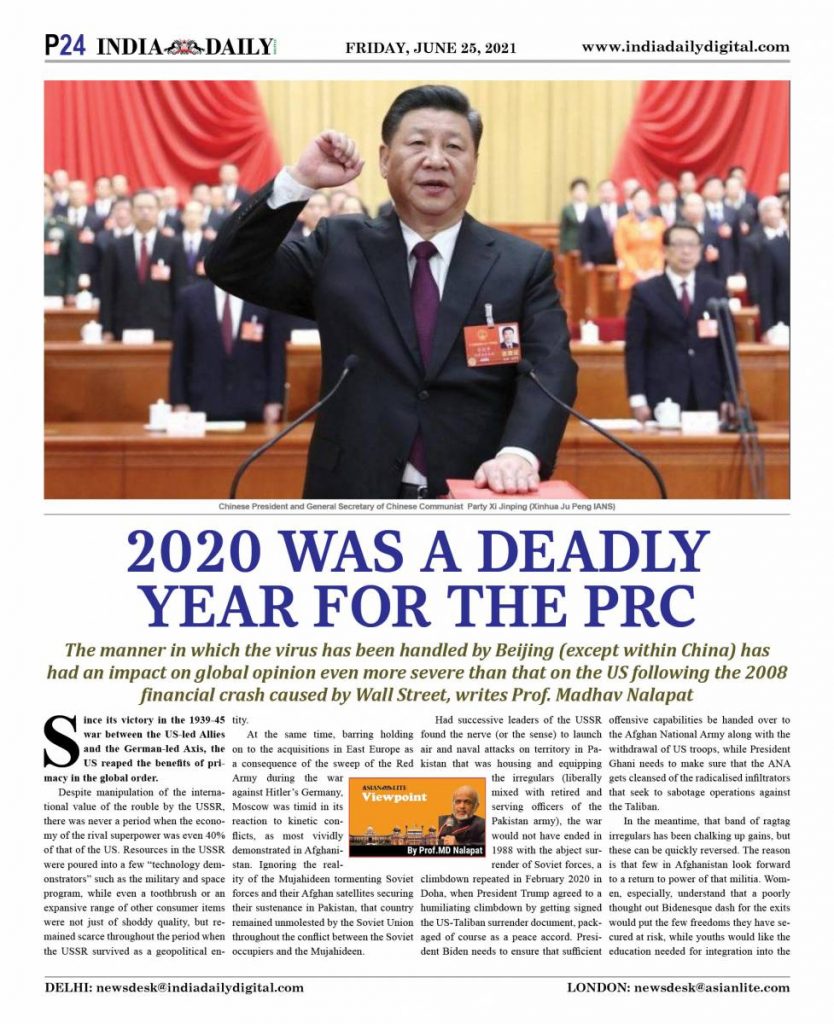
The 2008 crash presented an opportunity for the PRC that the Communist Party of China was quick to understand and grasp. The 2020 crash of confidence throughout the rest of the world in the good faith of the PRC is an opportunity that the Biden White House for now at least seems unwilling to take similar advantage of. India too has been given an opportunity consequent to the geopolitically inevitable de-coupling of several lines of production from China.
To ensure that the potential this de-coupling brings with it gets actualised, much in policy and administrative procedure needs to change in India. What is needed is for Prime Minister Narendra Modi to examine Deng Xiaoping’s workbook in the 1980s and open the way to an economy that has not $5 trillion as its first goalpost and $10 trillion thereafter. The potential effect on China’s future of the SARS2 pandemic and its aftershocks have presented India with an opportunity that comes only once in a century.
ALSO READ: China demands Nobel not probe into Wuhan lab
ALSO READ: Jaishankar highlights two big issues between India, China


